Businesses in today’s digital world greatly benefit from employees who can manage and analyze massive amounts of data from many sources. Data is one of the most important resources, therefore it’s no surprise that it helps companies stay ahead of the competition.
We produce approximately 3.5 quintillion bytes of data day, as stated in a recent report. It’s quite a bit of data. To give you an idea of scale, one quintillion is equal to one million trillions and has 18 zeroes. So, how can a company deal with the deluge of data pouring in from all these different places? As a hint, it needs to come up with a solid plan for managing data. Strong data management software is essential for putting this plan into action.
Software for managing data: what is it?
Organizations can benefit from data analysis and other forms of business intelligence (BI) with the help of data management software. Ensuring data accuracy, consistency, security, and compliance during its entire lifecycle is the ultimate purpose of this program. It achieves this by importing data into a central location after merging, processing, and increasing the quality of data from different sources.
Astera and other comprehensive data management systems automate and orchestrate this process, making it much easier. Because of this, data professionals will no longer have to construct and oversee intricate data pipelines by hand.
Tools for : What Are They?
If a company wants to set up, track, and optimize its data practices, it needs data management tools. High levels of efficacy are guaranteed by their efficient data structure and streamlining. When it comes to removing unnecessary data and maintaining data privacy and security, these solutions are indispensable. To efficiently manage data resources, a combination of software tools and best practices is required for successful data management. Whether it’s in an open-source format, accessible in the cloud, or integrated into a data management platform, modern enterprises need data management services to handle data efficiently.
Data Management and the Function of Information Systems:
Smart data usage, data modeling, real-time analytics, and information systems work hand in hand to address these issues. Developing a comprehensive understanding of information is crucial in the age of big, varied, and publicly accessible data, which presents the problem of utilizing the most effective approaches that result in the efficient utilization of information systems.
Data and information are the two main components that form their foundation, while information systems and data management oversee these components. We covered the main distinctions and special relationship between data and information in an earlier post. Data is useless in and of itself, but information is created from it by processing, interpretation, formatting, and organization in order to extract value for a specific purpose.
If you want to process and analyze massive amounts of data to find value and get knowledge that leads to better business decisions, you need a robust data management and information system.
Data Management Product Categories:
More and more efficient data management solutions are entering the market, and with good reason. The following are examples of widely used data management tools:
- Information Management for Products (PIM):
Product information management (PIM) solutions assist businesses in the manufacturing and retail sectors by automating and centralizing the administration of product data across all sales channels and supply chains.
- Management of Master Data Sets (MDM):
Data purification, centralization, and synchronization are three of the main functions of master data management (MDM) solutions, which are used to manage essential company data such client information, staff details, and operational data.
- Modeling Data:
By developing conceptual models and outlining standards for data consistency and quality, the tools in this category aid with data adaptation for storage.
- Warehouse for Data (DW):
Data warehouse (DW) solutions offer data storage but do not incorporate specialist DM procedures. They are often connected to preexisting hardware and are solely used for data storage. A different set of tools might be necessary for other tasks, such as analyzing data quality, managing metadata, or ensuring data security.
1. Panoply:

Panoply is an enterprise language technology (ELT) solution and a cloud-native data warehouse that streamlines data management and integration. All teams, including those with a wide range of expertise, may utilize it with ease because of how intuitive it is. Several built-in data interfaces that make data ingestion as simple as clicking a button
Streamline your data management and financial planning with this user-friendly dashboard.
Simplified data warehousing through automated scaling of multi-node databases. SQL editor that works in the browser for querying and data analysis. Integrations with popular data analysis and visualization suites including Looker, Power BI, Tableau, and more. For small and medium-sized businesses (SMBs) looking to get the most out of their data without breaking the bank, this is a fantastic turn-key business intelligence solution.
2. Beyondsoft Consulting Inc. :

One of the world’s leading data management organizations, this tech enterprise employs more than 20,000 talented software professionals. With a launch in 1995, the firm has expanded to Singapore, China, India, Ukraine, and the United States. A hefty portion, specifically 40%, of the vendor’s services are data-related. Assistance with data quality management, data lifecycle, and data security is offered by the company’s specialists.
3. Prompt Softech:

Despite being one of the more recent entries on our list, this Indian IT company has already established itself as a trustworthy name in data management. In their more than a decade of global sales, the vendor has forged successful partnerships with major names in retail, dairy tech, smart agriculture, and supply chain. The vendor primarily focuses on data consultancy, big data engineering, and BI-based data visualization when it comes to data management.
4. Fivetran:
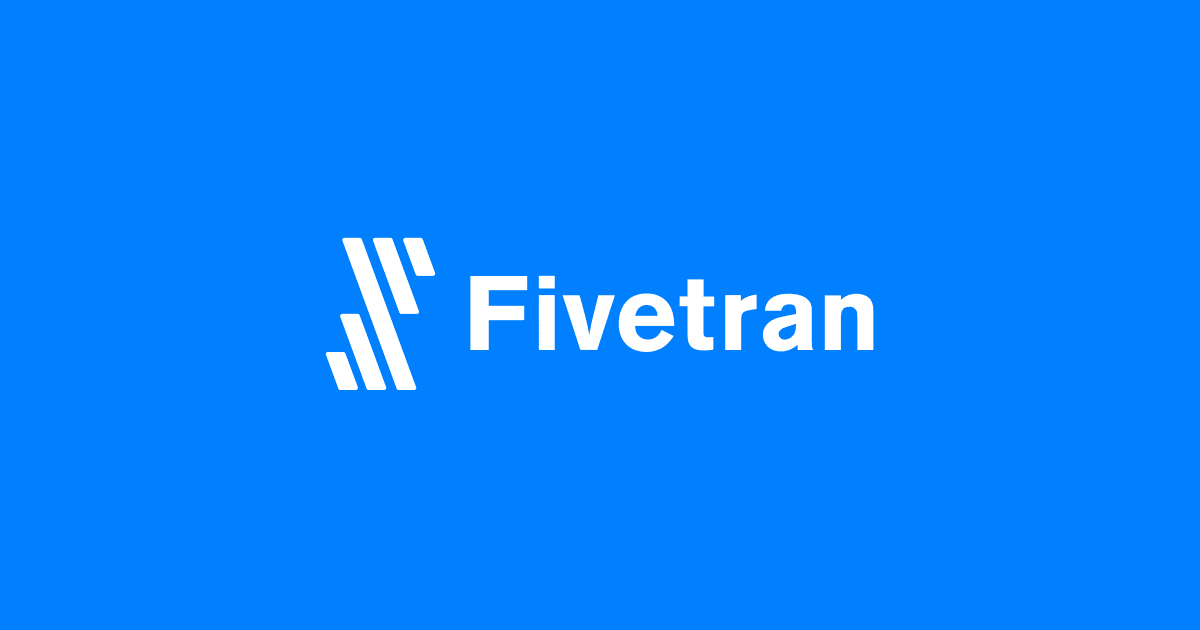
In order to consolidate information from several databases and SaaS applications into one central repository, Fivetran offers a web-based data pipeline that is both managed and user-friendly. Using an advanced caching layer, it allows for direct integration and transmits data over a direct secure connection. Transferring data from one location to another without ever storing a duplicate on the application server is made possible by the caching layer.
There is no data limit imposed by Fivetran. Can be utilized to consolidate data from many sources and establish KPIs (Key Performance Indicators) for the entire firm. If Fivetran’s recent value is any indication, it will continue to grow in size. It’s more complicated than Stitch, but that’s not the most important thing; what matters is if it has the connectors you need.
5. Microsoft SQL Server SSIS:
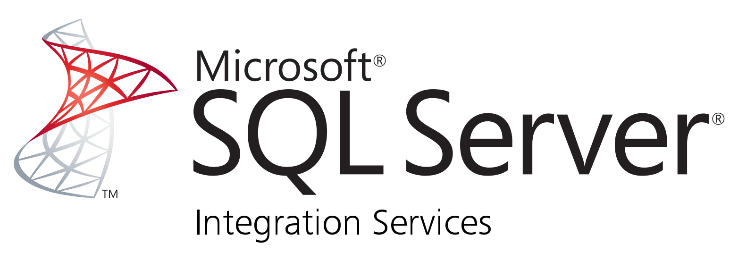
A graphical user interface (GUI) for handling ETL with MS SQL Server is available from Microsoft with SSIS. With the help of the intuitive interface, users may implement integrated data warehousing solutions with little to no coding required. With the graphical user interface, ETL for various data types and warehouse destinations, even non-MS DBs, is as straightforward as dragging and dropping.
It works just as well for teams with very technical members as it does for teams with more casual members, making it an ideal choice for teams with a range of technical abilities. The logical choice is SSIS if you’re dealing with SQL Server. On the other hand, less technically gifted teams may struggle with the operations that necessitate coding knowledge.
6. Talend:
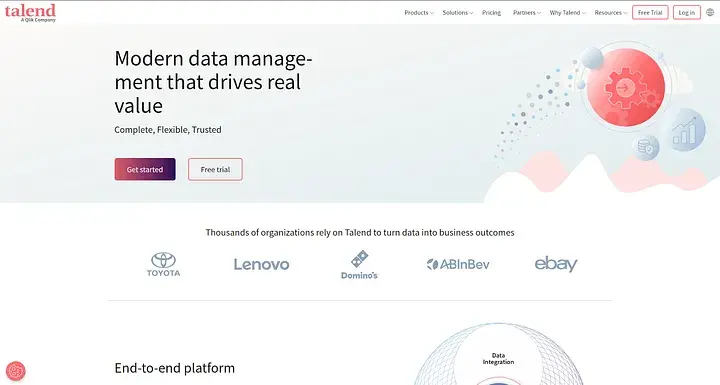
Data integration, cleansing, masking, and profiling tools are available in Talend’s open source software solutions. graphical user interface that facilitates the management of numerous source systems through the use of standard connectors? Master Data Management (MDM) feature. A unified, reliable, and accurate view of critical business data. Talend is popular due to its abundance of trustworthy connectors, although it does necessitate a certain level of skill to handle effectively.
7. N-iX:

With over 2,200 highly trained IT experts on staff, N-iX is a leading data management company in the area. N-iX has offices in the US and Sweden in addition to delivery hubs in Eastern Europe, specifically in Ukraine, Bulgaria, and Poland. Even after the full-scale Russian invasion broke out, the vendor’s Ukrainian staff continued to work efficiently. Service delivery remains consistent at 92% to 95% for the organization. With a global presence spanning over two decades, the vendor has cultivated lasting partnerships with industry heavyweights in manufacturing, healthcare, agriculture, fintech, and countless other fields.
Your data storage, processing, analysis, and transfer capabilities can be optimized with the help of this reliable data management firm. By creating a data strategy that can withstand the test of time, putting in place strong data governance, developing a solid data platform, and ensuring the security of your data, the engineers at N-iX can assist you in getting the most value from your data.
8. ITRex Group:

Another trustworthy IT firm with US, Ukrainian, and Polish branches. Over 500 projects in the e-learning, healthcare, logistics, retail, and e-commerce industries have been delivered by the IT firm since its 2009 foundation. Data visualization, security, and integration are some of the team’s data management specialties.
9. Euvic:
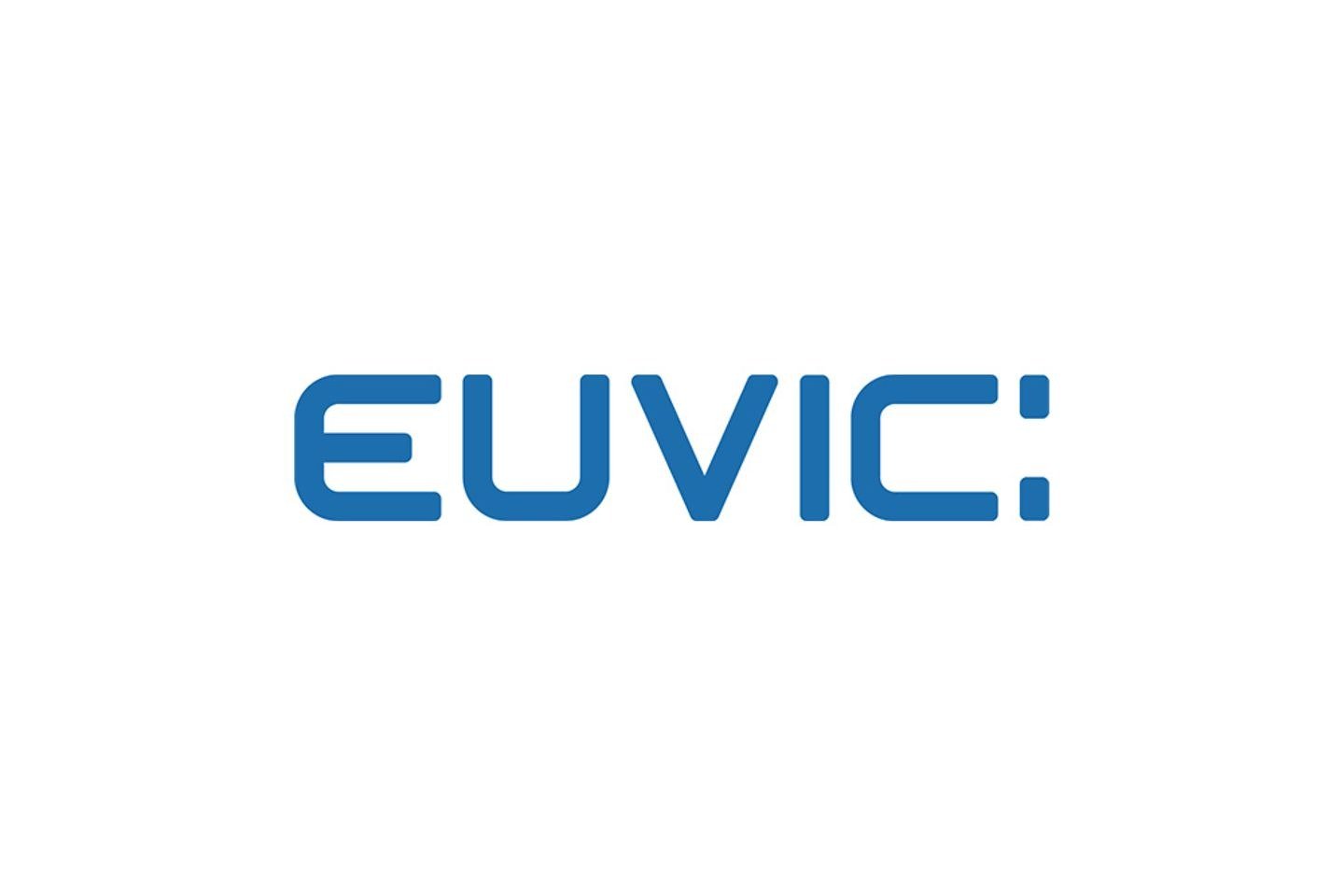
Located in the United States, Poland, Germany, and the Netherlands, this data management organization first opened its doors in 2004. More than three thousand software engineers are on staff at the vendor, and they have extensive expertise creating bespoke solutions for businesses in the fields of education, banking, media, retail, and telecoms. Machine learning, advising on business intelligence, and developing big data are some of their primary areas of expertise.
10. Ciklum:

Along with another famous data management organization, this one employs close to four thousand IT specialists. Retail, banking, and hospitality are just a few of the industries represented in their portfolio of completed projects. Experts in data engineering, cloud-native data architecture, AI, ML operations, and the Internet of Things (IoT) work for the organization. In terms of the vendor’s service delivery, data management initiatives make up 15%.
11. Sigma Software Group:
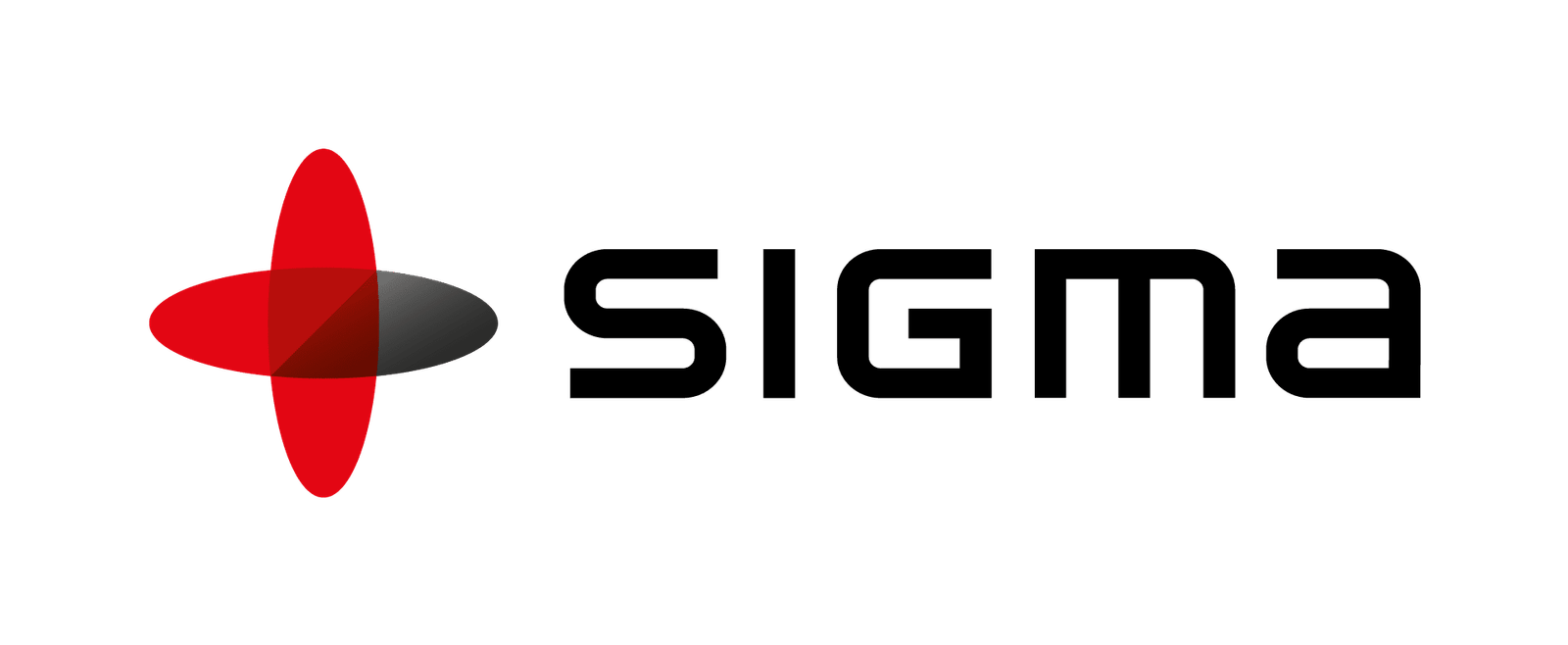
This outsourcing provider employs more than 1,500 technical specialists, making it another standout among the top data management firms. With a presence in the market for over 20 years, this IT firm has expanded its operations to the US, Sweden, Poland, and Ukraine. A wide variety of industries have benefited from their teams’ expertise in product development, including aviation, real estate, journalism, and finance. The vendor offers a variety of data management services, including big data consultancy, data visualization, and real-time data analytics. The majority of the data solutions offered by the organization are built on top of the Spark, Presto, Kafka, and AWS stacks, in terms of technology.
12. A3logics:

This IT company has been around since 2003, and in that time it has forged successful partnerships with more than 580 clients in the retail, banking, media, and e-commerce industries. Data warehousing, processing, data lakes, ETL analytics, and data integration services are all part of the company’s data management capabilities. In order to implement solutions for big data analytics, their engineers utilize Python, Spark, Hadoop, Prophet, and AWS.
13. IT Svit:
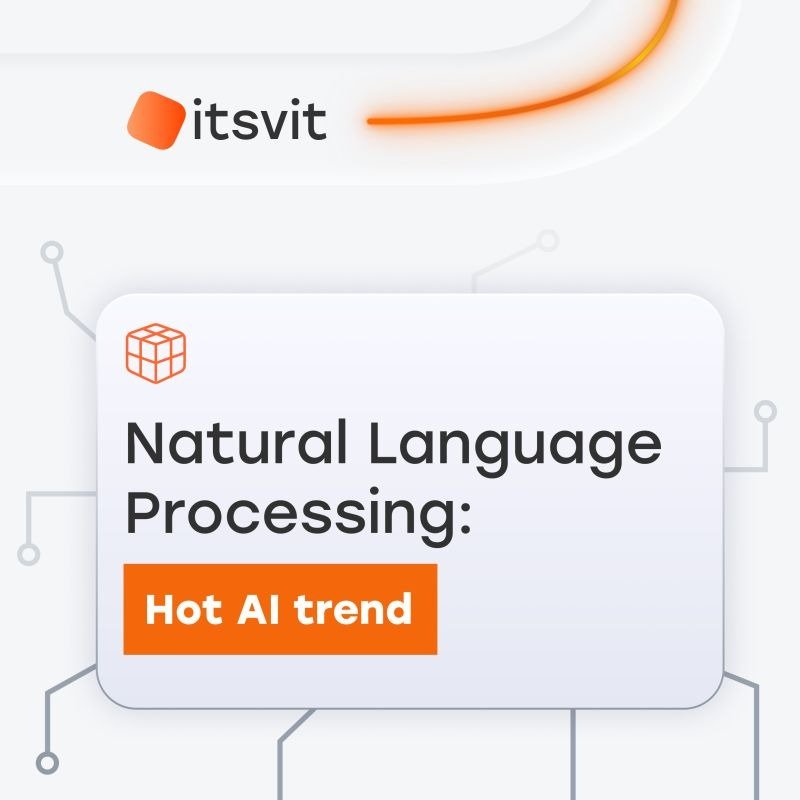
Data management solutions are the specialty of Estonian startup IT Svit, which has been around since 2005. Their nearly twenty years in the industry allow them to provide a full range of services, such as data integration, governance, big data analytics, cloud data management, data infrastructure design, and custom data solutions. Clutch and GoodFirms ratings attest to IT Svit’s stellar reputation as an AWS Select Partner and the high quality of their services.
With a staff of over 200 experts, they are the go-to choice for businesses in need of data environments that are efficient, safe, and scalable. IT Svit has extensive experience and a diverse clientele from all over the world. With their extensive knowledge and experience, IT Svit assists organizations in maximizing the value of their data, which in turn drives innovation and helps them stay ahead of the competition.
14. Oracle:
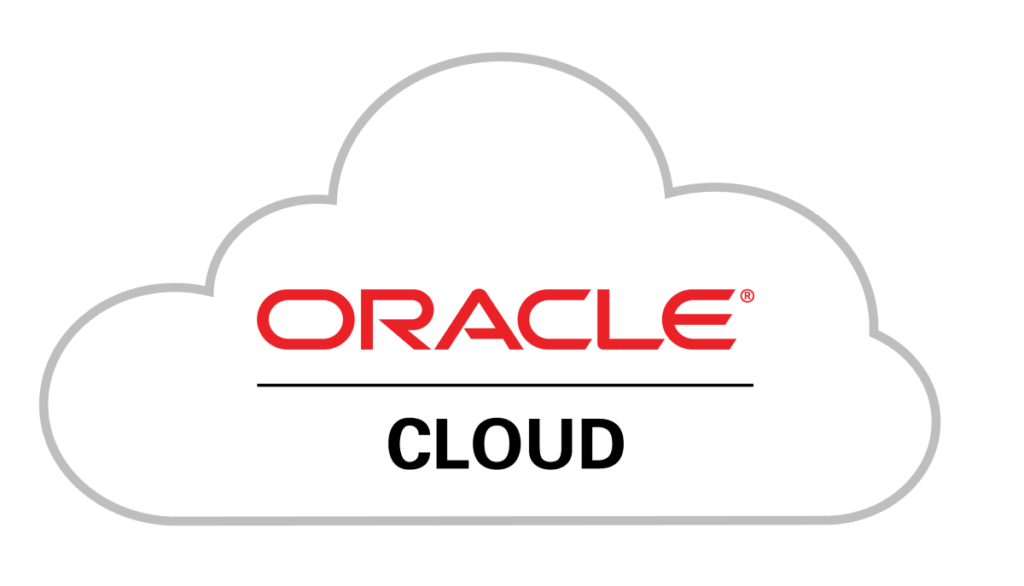
Oracle is a software company situated in Redwood Shores, California, that has been around since 1977 and provides data management solutions for a variety of businesses. The autonomous capabilities, high performance, and strong analytics of Oracle’s technologies are showcased by Oracle Data Integrator and Oracle Autonomous Database.
15. Snowflake:

Snowflake is a Bozeman, Montana-based company that has been providing high-performance data warehousing solutions in the cloud since 2012. Data sharing, powerful analytics, and support for many clouds are all made possible with Snowflake’s Data Cloud. Its scalability and intuitive design make it a top pick for companies seeking powerful data management solutions.
16. Teradata:

Established in 1979 and headquartered in San Diego, Teradata provides analytics and data warehousing solutions to major corporations. Businesses with large data demands can rely on Teradata as a trustworthy partner thanks to Teradata Vantage, which offers high performance, scalability, and advanced analytics.
17. Informatica:
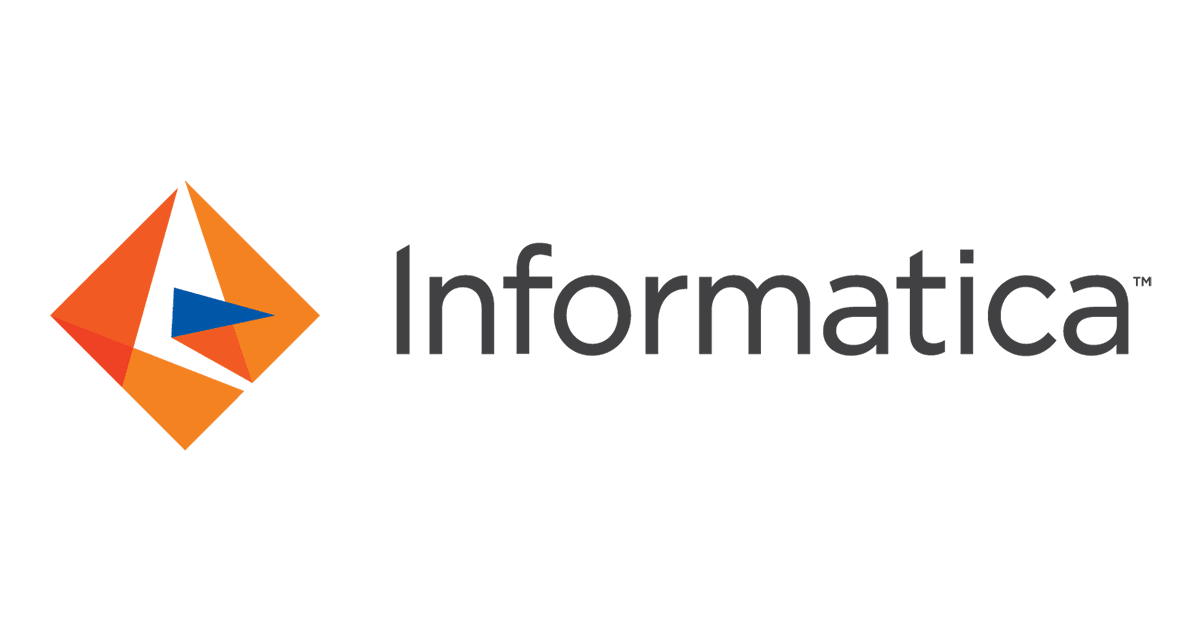
With headquarters in Redwood City, California, Informatica has been around since 1993 and is now the go-to company for enterprise cloud data management. Data management powered by artificial intelligence, complete data integration, and rock-solid security are all features of Informatica Intelligent Cloud Services and Informatica PowerCenter. Businesses rely on Informatica because of its robust data integration capabilities and machine learning integration.
18. IBM Data Studio:
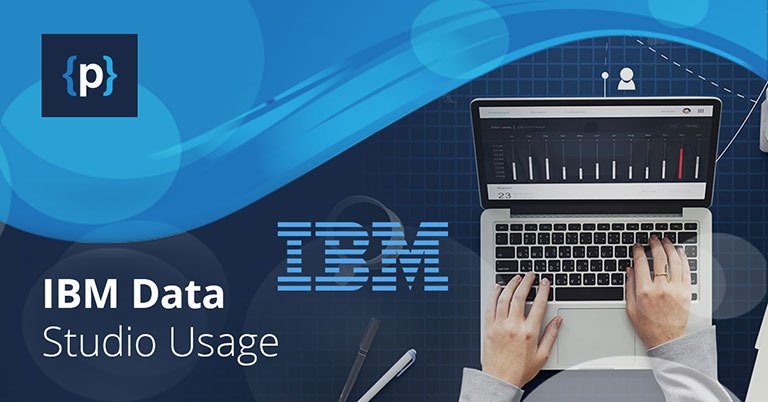
With IBM Data Studio, your group can create and troubleshoot apps that revolve on data. You can expect an improvement to your company’s in-house DBMS products’ Eclipse framework and structured query language (SQL) components. As a result, routine administration and query optimization will be handled more efficiently by IBM Data Studio. There are two parts to this data management solution. The client will help you with the development work while a web console monitors the system’s health.
19. Google Cloud :

One of the several database management systems (DBMS) available on Google Cloud is AlloyDB AI, which uses Gen AI to improve DBMS performance. Gamers and supply chain managers will like its Spanner service. Cloud SQL, meanwhile, facilitates the simplification of CRM operations.
Data migration in older systems and data centers is made possible using Bare Metal for Oracle. The NoSQL database service Bigtable is available on Google Cloud as well. As a managed service, Memorystore can help you save time and meet your extensive storage requirements.
20. Microsoft Azure:
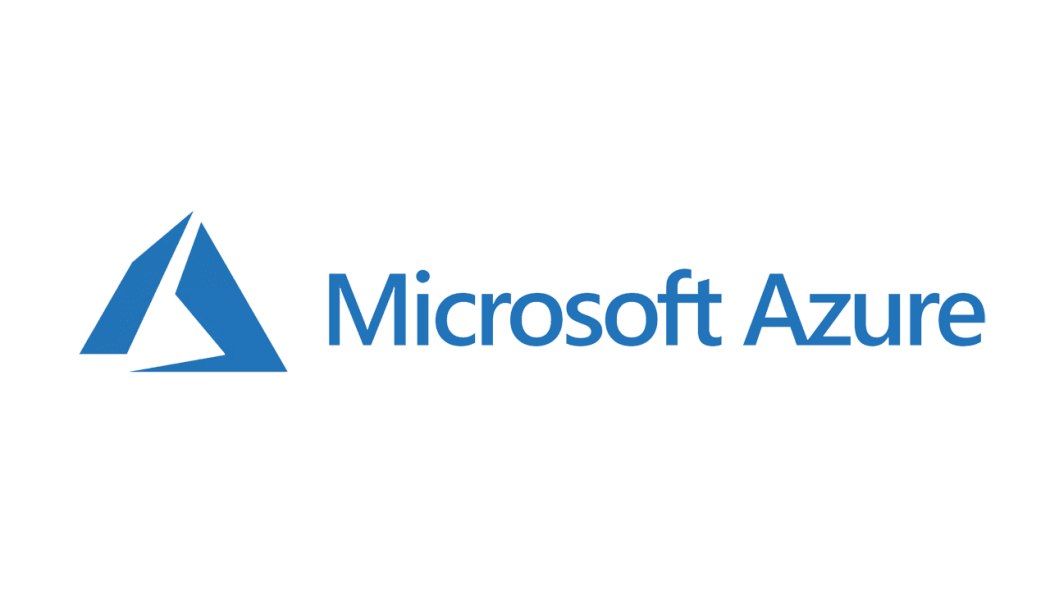
With Azure, everyone involved in data operations can be agile. Its performance improvements cover a wide spectrum, from applications powered by AI to cloud-based data migration. Concurrently, Microsoft Azure makes it easier to move SQL databases with few coding difficulties.
A common component of an enterprise data management plan that utilizes Azure includes software testing, SAP programs, and ASP.NET web apps. Collaboration, code export, and delivery will all be improved with Azure DevOps, while MS Sentinel will increase control through secure operations.
21. Collibra:
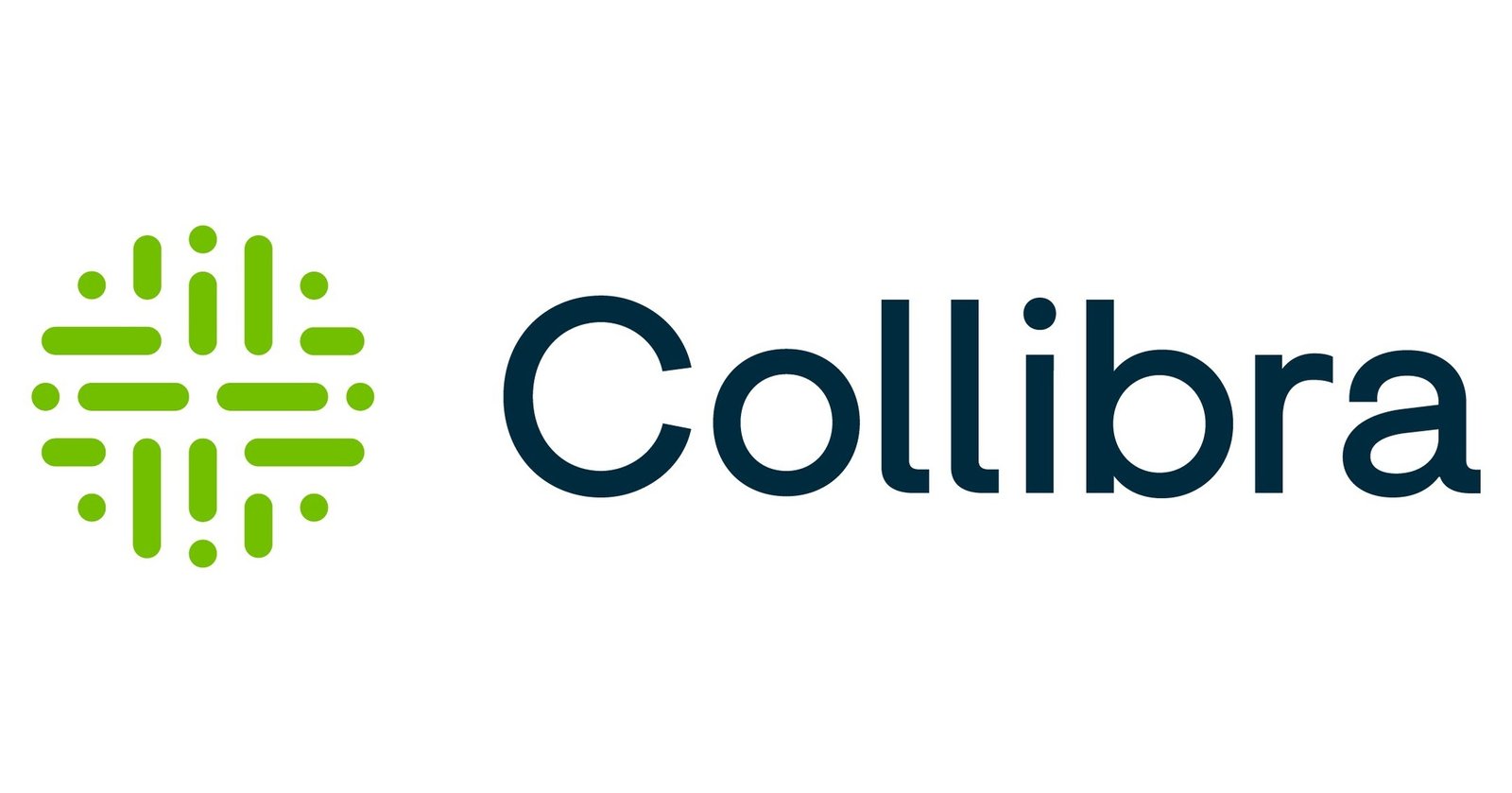
With its AI, analytics, lineage, and governance features, Collibra’s data intelligence platform guarantees that data quality is continuously improved. Enterprise data coverage, a user-friendly workflow engine, and a flexible operating architecture are its primary offerings. You also receive ad hoc extensions, comprehensive reports, and analytics on usage.
This makes it perfect for DLM (data lifecycle management). More than 100 Collibra integrations are available to companies. Think of Azure Data Factory, Apache, Amazon Redshift, Cloudera, Kafka, and Looker as examples of integrations.
22. TIBCO Platform:
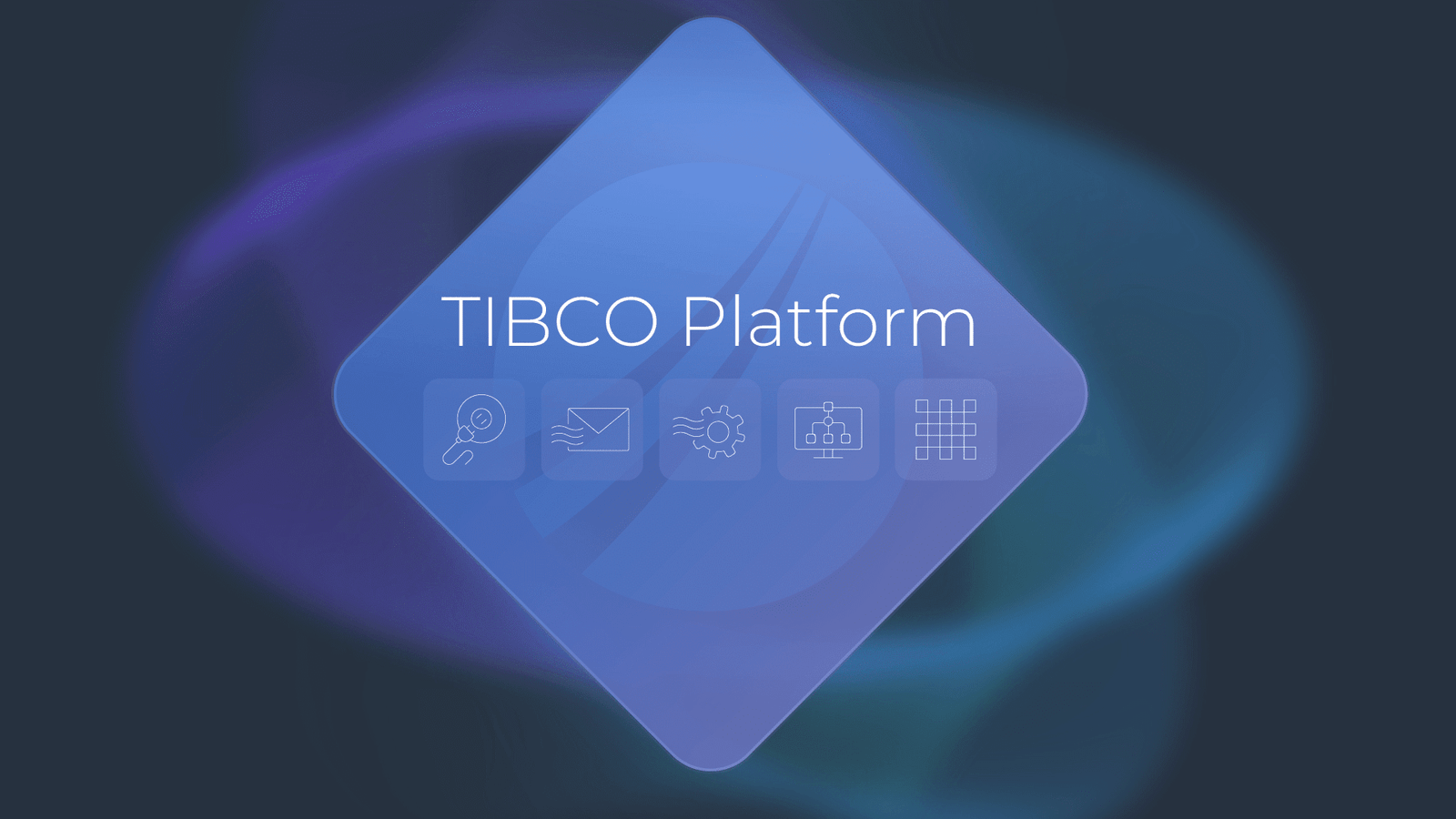
TIBCO makes data access easier and allows for the extraction of insights in real time. Master data and reference datasets can be regulated by it. When it comes to master data enrichment, TIBCO EBX is among the best agile data management solutions.
Cloud services, edge computing tools, and on-premises data centers are just a few examples of the many data sources that it can integrate. Cloud applications are also deployed by TIBCO using technologies that are based on Kubernetes. Managers of data can start new projects on this platform with the help of presets from BusinessWorks and Flago.
23. MuleSoft:

MuleSoft is an API-led connection platform. For businesses looking to connect disparate data sources, it’s a viable option because it can access data, apps, and devices in the cloud as well as on-premises.
However, when compared to other data management software systems, its setup is complicated, according to customer reviews published on respected sources like Gartner. Customers are looking for alternatives to MuleSoft since customer assistance is pricey and adds to the already high cost of services.
24. Alooma:
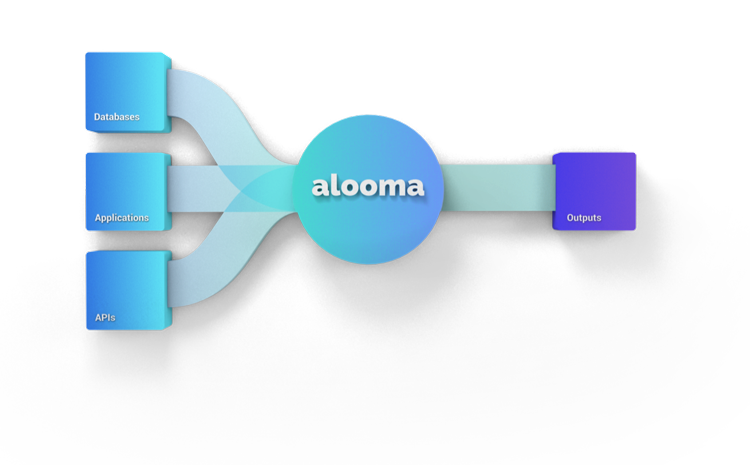
With Alooma, a platform for data pipelines as a service, companies may integrate data from many sources. It accomplishes this by making use of the extract and load method. Although it has data transformation capabilities, it is exclusively accessible through Code Engine, a Python environment. Google has restricted users from using AWS after it purchased Alooma in 2019.
25. Ataccama:

Ataccama is an application for managing data with an emphasis on metadata, data quality, governance, and master data management. Ataccama provides a unified view of company-wide data through data integration capabilities, similar to other comprehensive data management solutions. To make full use of the application, nevertheless, coding skills are required, in contrast to current no-code data management software. As a result, it’s not easy to understand for newcomers.

